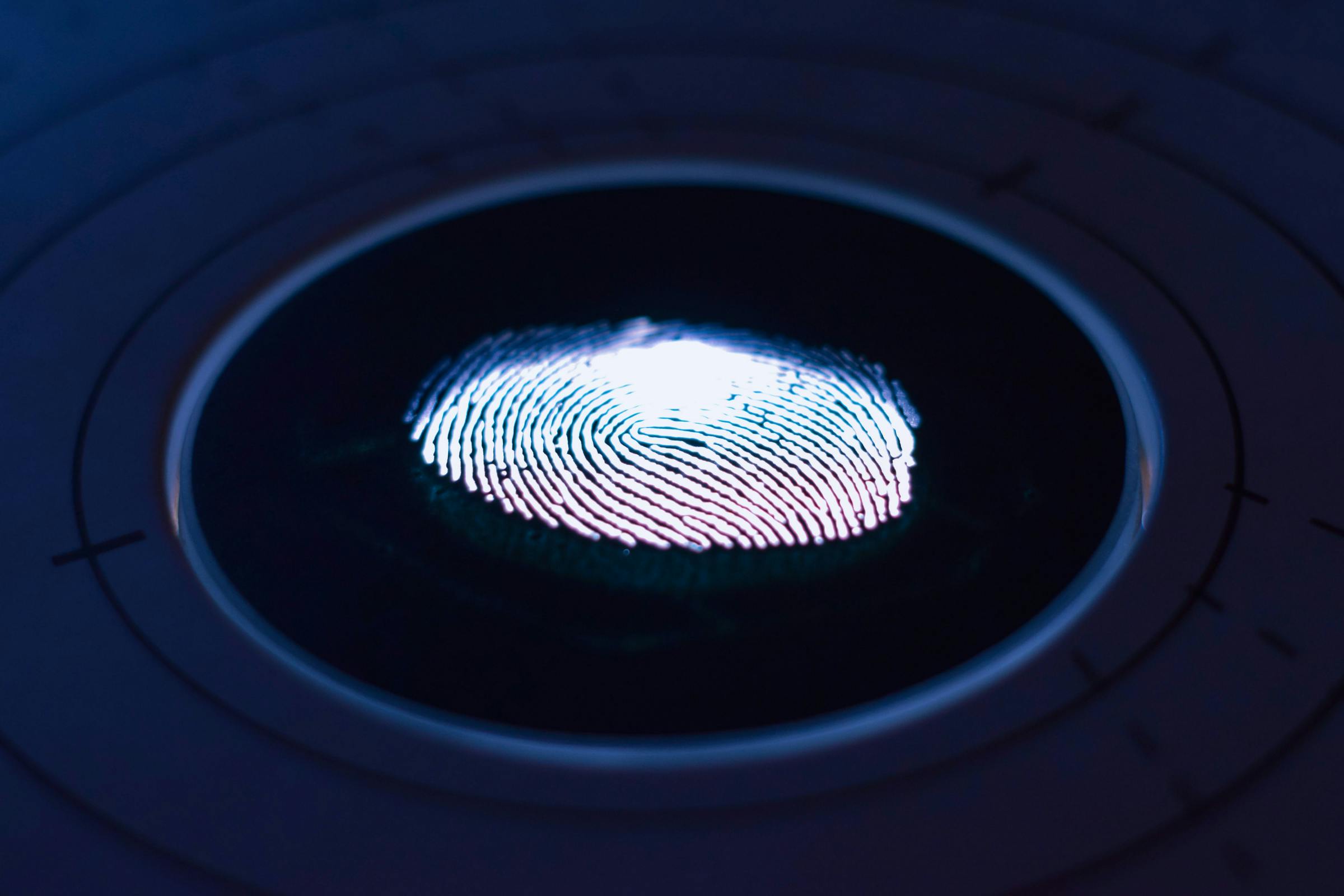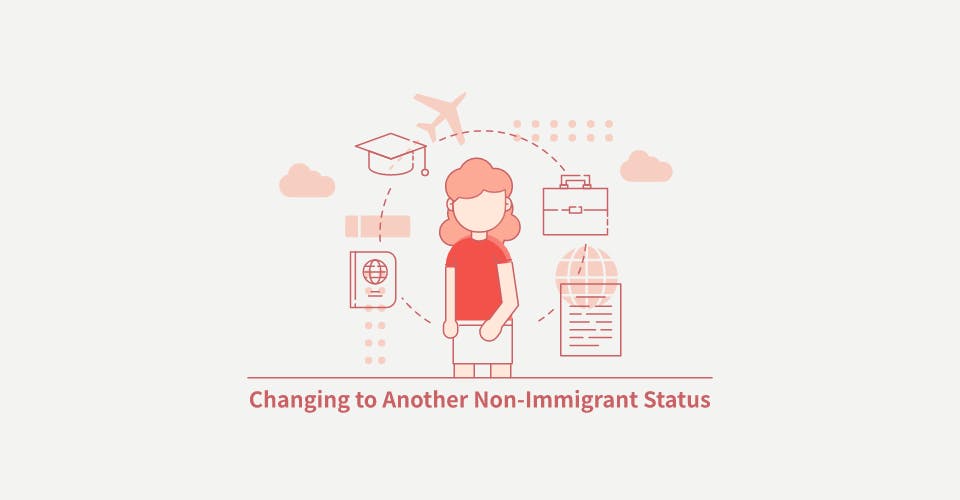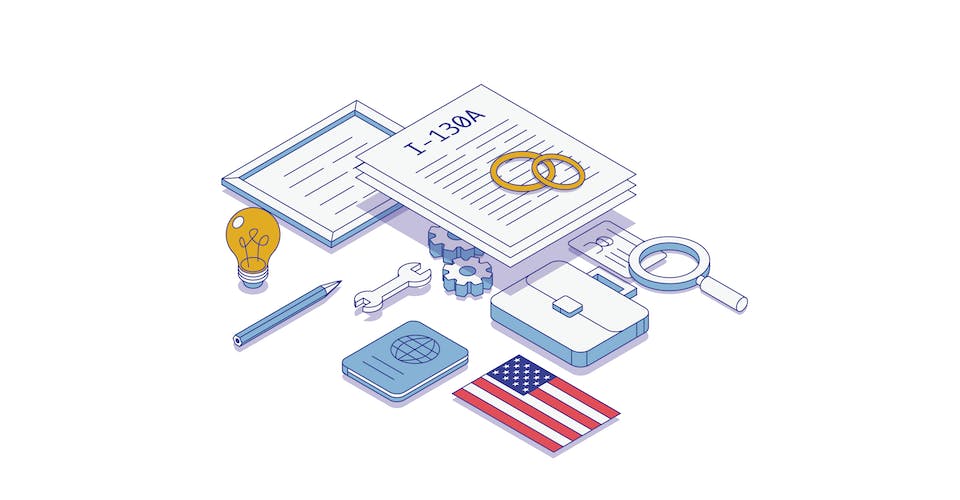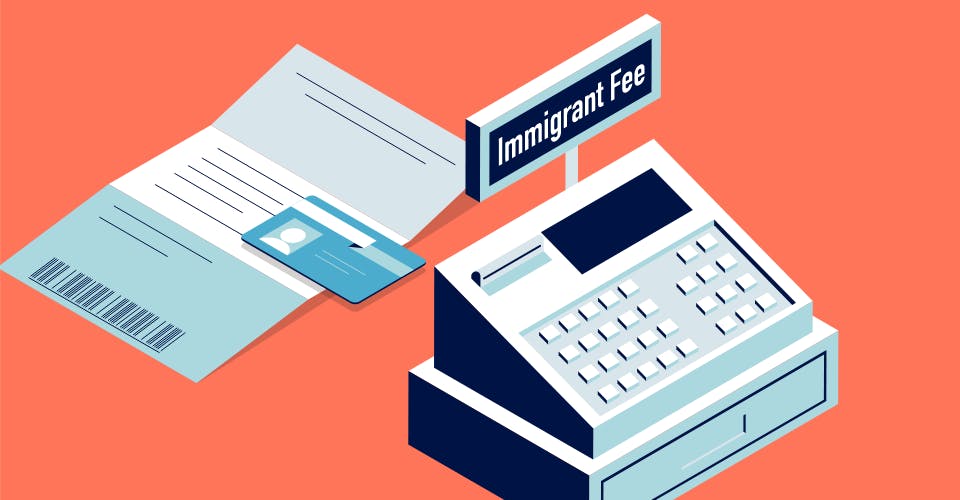Simplified Arrival
One of the first changes to the immigration program after the pandemic was the inclusion of a “Simplified Arrival” program. After borders opened up in early 2022, Customs and Border Protection implemented this system at most of the common ports of entry, including airports and seaports.
The purpose of the Simplified Arrival program is to streamline entry for foreign nationals by eliminating paper documentation. CBP doesn’t provide entrants with a paper Form I-94. Instead, this information is recorded in the online I-94 system, where it can be accessed by anyone with government clearance, assisting USCIS and the Department of State.
Concerns With Paperless Documentation
However, since foreign nationals don’t have access to a paper or electronic version of their I-94 until they’re across the border, they have no evidence that they’ve gone through CBP. Even passport stamping was eliminated in August 2022.
The concern is that if CBP doesn’t enter the information correctly or accurately, the foreign national has no way to prove their right to be in the country. Instead, they have to wait until CBP corrects this information, which can be devastating to the individual’s first few weeks in the US and sometimes longer.
The Need for Proof of Valid Entry
What’s the big deal with this paperless problem? Well, foreign nationals need to continually prove their legal right to live and work in the country long after they’re over the border.
Without this evidence, they find it difficult, if not impossible, to do the basic things, such as:
● Find homes
● Obtain jobs
● File taxes as a residents
● Recapture time for H- and L- eligibility
● Prove L-intermittent status
● Avoid bans due to unlawful presence
● Document changes in jobs or status
● Prove eligibility for naturalization
Tracking time is crucial for nonimmigrants who wish to become permanent residents in the future. Since they don’t have passport stamps to document their exits and entries into the US, they rely on CBP’s correct entries in the computer program, and they must trust that this system will never be hacked, shut down at crucial moments, or otherwise interfered with.
How You Can Protect Yourself
Whether you’re an employer or a foreign national, you should take this paperless system seriously and find ways to protect yourself. Employers must prove they’ve taken the steps to ensure their worker is legally in the US, and foreign nationals must always have evidence of their time in and out of the country. To do this, take the following precautions:
● Before the worker leaves the airport, download the I-94 information. If it’s not accurate, contact a Deferred Inspection CBP official as quickly as possible. Keep this information in a secure file, and print it when you reach an available printer.
● If you notice problems after you leave the airport, email Deferred Inspection and explain the situation thoroughly. Save a copy of this email and print it, as well, keeping it in your folder of hard-copy documents.
● Request a passport stamp when you arrive. This is the CBP officer’s discretion, and they don’t have to provide it, but you can always ask.
● Include all your travel receipts, transportation itineraries, credit and bank statements, and anything else you collect that can serve as evidence of your time in and out of the US.
What’s Next?
Does the paper documentation elimination have you concerned about protecting your H-1B status? Contact Visa2US today to find out how you can handle this immigration law change and what to expect in the near future.














